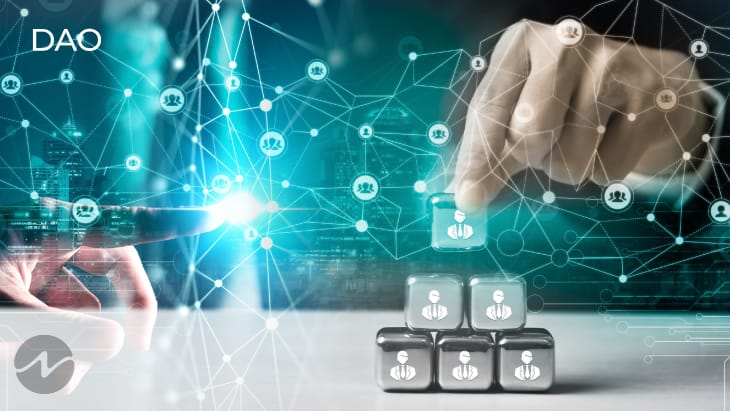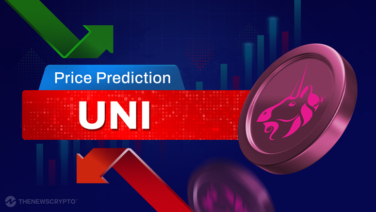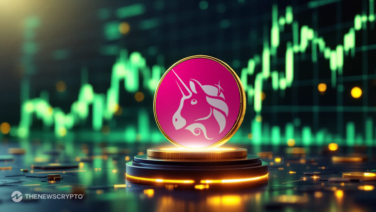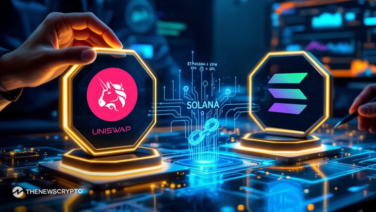- Essential to provide communities to make recommendations and choices.
- Gatekeepers or councils are needed to retain the company’s basic principles.
There are several reasons why decentralization is challenging to accomplish in DAO protocols, and those reasons are good ones. The core founding team is wary of a system in which anybody may make choices due to a lack of accountability from those in power.
Because it is difficult to make decisions while relying on a vast community, this may lead to conflict inside the organization and ultimately harm the business.
Only Best Ideas Allowed Using Gatekeeping
A gradual decentralization of DAOs is necessary if the community can make choices to ensure the organization’s overall well-being, although it is necessary to exercise some control. It is essential to provide communities with the ability to make recommendations and choices, yet gatekeepers or councils may be needed to retain the company’s basic principles properly.
Most successful DAOs like Uniswap, MakerDAO, PieDAO, and Decred use various types of gatekeeping to ensure that only the best ideas are allowed to be implemented. However, MakerDAO provides a much more open community where anybody may engage in off-chain voting without owning their tokens. However, all of its recommendations are thoroughly vetted.
While it may seem like an ideal scenario, it is still a long way from reality. Despite this, DAOs symbolize a revolution in which power is distributed and a platform where individuals may thrive together transparently and efficiently. Although there is still a long way to go, by evolving and adapting to new conditions, DAOs may become completely decentralized.








